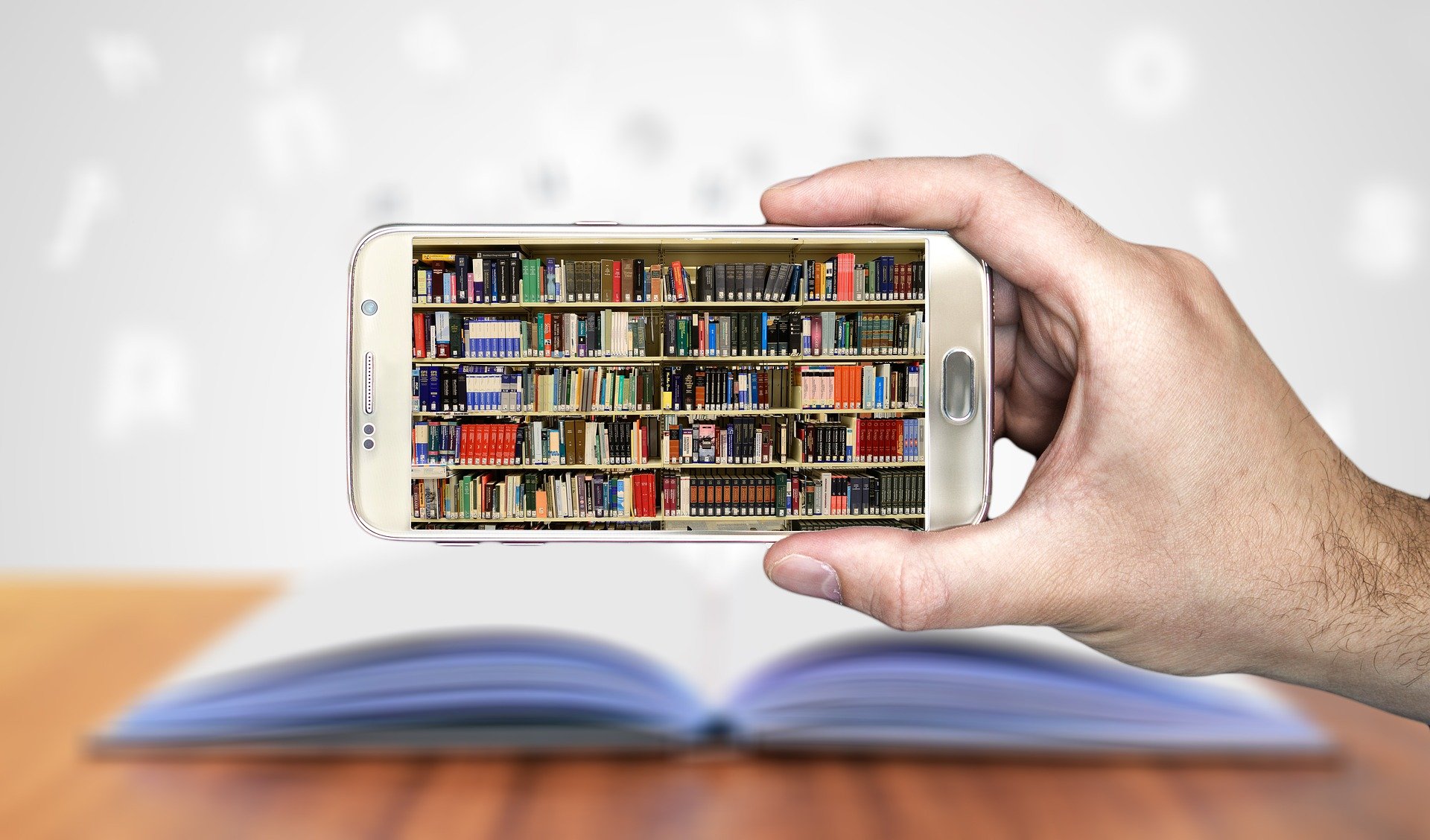Access to ejournals and ebooks is a massive part of the service that the Library provides. In this post, one of our E-Resources librarians, Karen, talks about how they managed the temporary access to additional online resources when publishers and platforms made their content open during the early part of the COVID-19 pandemic. This includes the guidance provided to staff and students to help them make best use of the temporary access to the additional content.
Back in March when Birkbeck, and therefore our library, had to close due to the rise of COVID-19 I don’t think I was alone in hoping that this was something that was going to be over within a few weeks at most and that normality would return. For me, this was only a blip; we all would be back in no time to support our students.
Obviously, things changed very quickly and at the forefront the e-resources team was making sure our students knew what resources were accessible and available to them. Our library website overflows with information that explains what databases can be accessed. Our ejournals can be searched, ebook titles are available on the catalogue, and our ‘LibGuides’ match specific resources to the various subjects offered – and so much more. However, not only did COVID-19 bring a lockdown but for the library world it also brought an enormous tidal wave of ‘free’ information. Publishers big and small, various educational institutions and specialist schools opened their virtual doors and invited us all in to access what would normally be password- or paywall-protected information.
There has always been free information out there, ‘Open Access’ demand is continually growing and gaining more prominence each year. It is a topic hotly discussed and debated but when suddenly there is no restriction on vital information that supports students in an online academic world, what do you do? The obvious answer is you take everything you can.
It is an understatement to say we were bombarded with a lot of information. The offers that were coming through had to be checked, queried, understood and – most importantly of all – shared when established as valid. Some e-resources that were being offered seemed too good to be true and, when investigated further, were indeed discovered to be too good to be true and, therefore, notably ‘dodgy.’
Us librarians are a sturdy bunch and are not put off by a bit of sifting and sorting and that is what was done. By wading through the ocean of information of what resources where available the ‘Free Access to Online Resources’ library guide was born. The guide promoted publisher offers such as those by Oxford University Press who opened their specialist Collections, and by Science Direct who made their 326 textbooks available. JSTOR made over 30,000 ebooks available, while De Gruyter had 75,000 ebooks for use. Different university presses – Chicago, California, Project MUSE, to name a few – made their online journals freely accessible. Free publisher trials to resources were also a major offer and from March until July we participated in over 30 trials covering everything from Law and Business to Science, Art and History.
The ‘Free Access to Online Resources’ guide needed to be updated daily. The guide explained what could be accessed and how, when and where. It also indicated the resources that where not limited to Birkbeck students and staff only – resources that anyone could access. Specific COVID-19 resources made freely available by publishers and health institutions were highlighted as well as open online digital collections from museums around the world. Information on wellbeing was also provided in the guide, due to isolation being a cause for concern in this COVID-19 world. Being able to highlight free resources for support was extremely important.
Since this LibGuide was created it has had over 10,000 views and it is still available. What is being made freely available by publishers or organisations has reduced, but the guide is still here to highlight places to check for freely available ebooks, journal articles and other research outputs.
Sharing is caring and there are very good resources freely available out there: make use of our ‘Free Access to Online Resources’ guide especially this Open Access week – perhaps you’ll find that bit of ‘surprise’ research that is of value to you!

Karen Harrad, E-Resources Support Assistant



